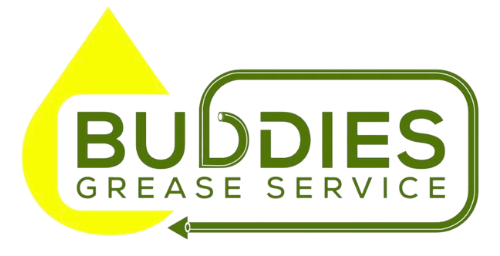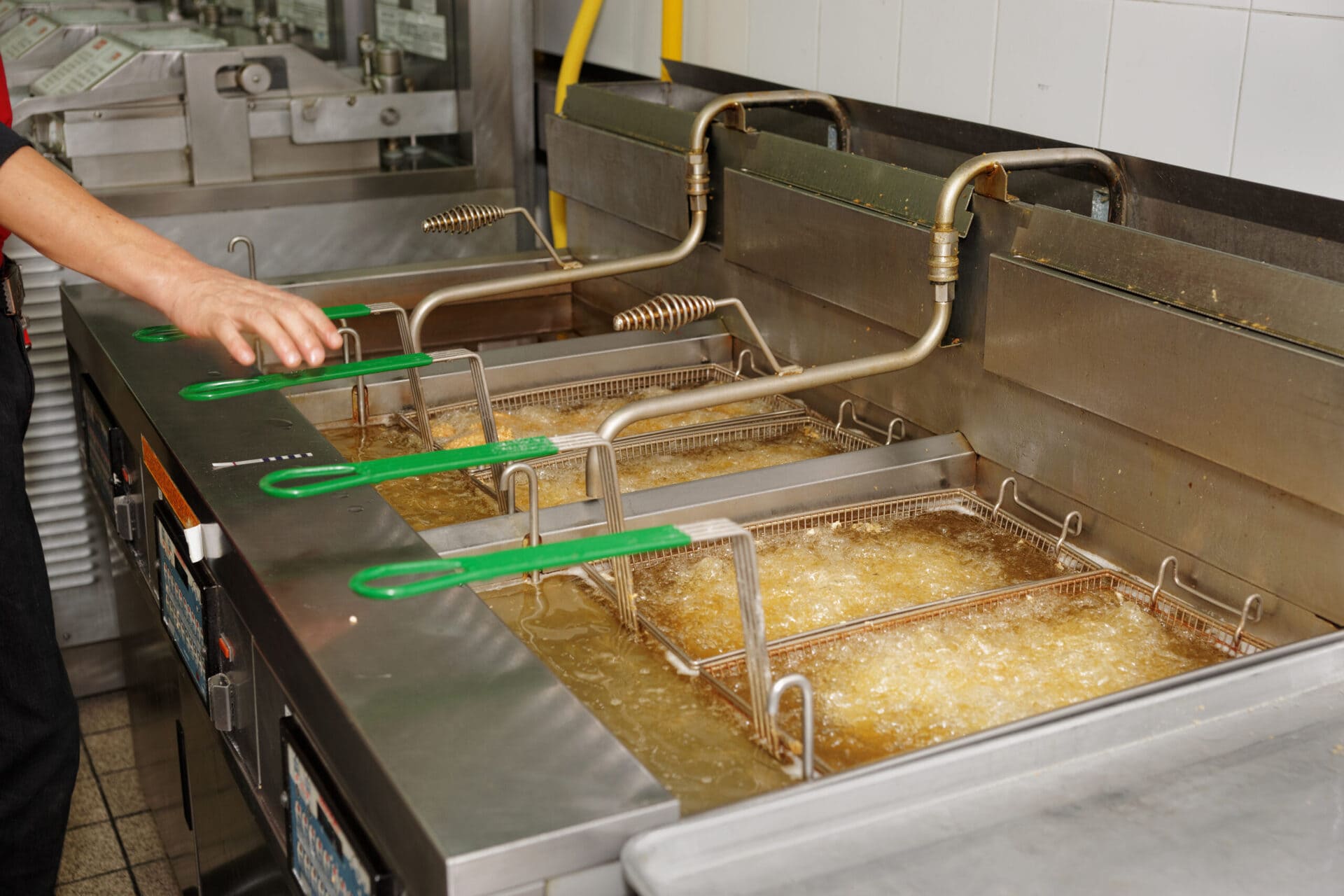Hey there, fellow restaurant owners! If you’re tired of tossing away gallons of used cooking oil and watching your hard-earned money go down the drain, this article is for you. We’re about to dive into the world of cooking oil recycling, where you can turn waste into treasure.
The Environmental Impact of Cooking Oil Waste
A Sizzling Problem
As restaurant owners, we know that cooking oil is a vital ingredient in our culinary creations. However, it’s also one of the biggest sources of waste. Improper disposal of used cooking oil can lead to clogged pipes, sewer issues, and environmental harm.
Personal Anecdote:When I first started in the restaurant business, I didn’t realize the environmental impact of tossing away cooking oil. I learned the hard way when our kitchen had a plumbing disaster due to oil buildup. It was an expensive lesson.
The Basics of Cooking Oil Recycling
The Recycling Solution
So, what’s the solution? Cooking oil recycling. It’s not just about being environmentally responsible; it can also be financially rewarding. Recycling your used cooking oil means you can get paid for it.
How It Works
The process is relatively simple. After you’ve used your cooking oil, instead of pouring it down the drain or throwing it away, you collect it in a designated container. Then, a cooking oil recycling partner comes to pick it up, and you get paid based on the volume of oil collected.
Finding the Right Cooking Oil Recycling Partner
Choosing Wisely
Selecting the right recycling partner is crucial. You want a reputable company that not only pays fair rates but also disposes of the oil responsibly.
Buddies Grease Service is awesome! Jose is very detail oriented and is always going above and beyond to help our needs. The service was top-notch, and the communication throughout the process was excellent. I highly recommend Buddies Grease Service for anyone in need of reliable and thorough grease removal.
Benefits of Cooking Oil Recycling for Restaurants
Cha-Ching: The Financial Gains
Let’s talk money. One of the most significant benefits of cooking oil recycling is the revenue it generates. You’re not only saving on disposal costs but also earning money from the recycled oil.
Going Green
Apart from the financial aspect, recycling cooking oil is an eco-friendly practice. It reduces the environmental impact of improper disposal and promotes sustainability.
Step-by-Step Guide to Setting Up a Cooking Oil Recycling System
Getting Started
Ready to dive into cooking oil recycling? Here’s a step-by-step guide to help you set up a recycling system in your restaurant:
1. Collecting Containers : Invest in sturdy containers designated for oil storage.
2. Educate Your Team: Train your kitchen staff on proper oil disposal and recycling procedures.
3. Choose a Reliable Partner: Select a trusted cooking oil recycling partner in your area.
4. Schedule Pickups: Establish a regular schedule for oil pickups to ensure consistency.
5. Track Your Earnings: Keep records of the amount of oil recycled and the payments received.
Maximizing Revenue: Tips for Increasing Recycling Profits
Golden Tips
If you want to maximize your earnings from cooking oil recycling, here are some tips to consider:
1. Regular Collection: Ensure you have a consistent collection schedule.
2. Minimize Oil Contamination: Keep the oil as clean as possible to get the best rates.
3. Maintain Equipment: Regularly maintain your oil storage containers to prevent leaks.
4. Optimize Usage: Use high-quality cooking oil that lasts longer.
Overcoming Common Challenges in Cooking Oil Recycling
Roadblocks and Solutions
While cooking oil recycling offers numerous benefits, there can be challenges along the way. Here’s how to tackle some common obstacles:
Challenge 1: Storage Space
Solution: Invest in compact storage solutions or arrange more frequent pickups.
Challenge 2: Employee Resistance
Solution: Educate your staff about the benefits of recycling, both financially and environmentally.
Staying Compliant: Legal and Regulatory Considerations
Know the Rules
Before you dive into cooking oil recycling, it’s essential to be aware of the legal and regulatory aspects. Compliance is crucial to avoid fines and legal troubles.
Embracing cooking oil recycling isn’t just about profit; it’s about making a positive impact and portraying your restaurant as an eco-conscious business. Customers appreciate sustainable practices, and it can lead to increased loyalty.


